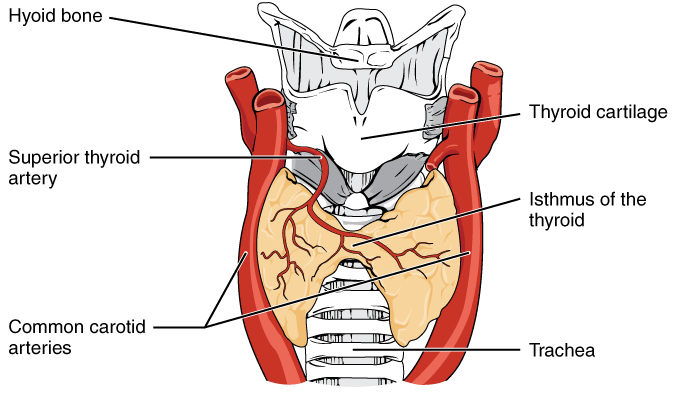Keep Your Thyroid Healthy, Because It Controls Your Entire Body
You know that little gland, which is right below Adam’s apple? It’s shaped like a butterfly and seems to control our entire body. Therefore, you need to keep it healthy.

Contents
How is your body controlled by thyroid?
Doctors explain that thyroid is the one regulating our metabolism. When this gland is suffering from an underactive condition, such as hypothyroidism, our entire body is affected. For instance, the energy level, body temperature, and the rate at which calories are burned get lower.
On the other hand, when a person suffers from hyperthyroidism, which means that his or her thyroid gland is overactive, all the mentioned rates get higher.
According to Mary Shomon, a writer of “Living Well With Hypothyroidism”, approximately 59 million of people suffer from this condition in U.S., as this disorder is common especially in senior citizens, both men, and women. But more worrying is that many of these do not even get diagnosed.
But let’s see what are the symptoms of hypothyroidism and hyperthyroidism.
Signs that you may suffer from hypothyroidism:
- Dry hair
- Flaky skin
- Fatigue
- Fertility problems
- Heavier periods
- Unexplained weight gain
- Mood swings
- Forgetfulness
- Muscle soreness
- Poor concentration
- Intolerance to cold
- Constipation
Signs that you may suffer from hyperthyroidism:
- Unexplained weight loss
- Increased appetite
- Rapid heartbeat
- Nervousness
- Irritability
- Anxiety
- Sweating
- Fatigue
- Increased sensitivity to heat
- More frequent bowel movements
- Difficulty in sleeping
- Fine hair
If you experience more symptoms from any of these lists, you are advised to make a test for your thyroid hormone, as well as thyroid-stimulating hormone levels. It may be necessary for you to go with synthetic thyroid hormones, but this is something that your doctor will tell you after the test.
However, if you want to improve the functioning of this gland or to keep it healthy, you should include several vitamins and minerals in your daily diet.
- Zinc
For the proper functioning of your thyroid, your body needs zinc. A scientific study proved that 26.4 mg of zinc per day, for four months, is enough to improve the thyroid hormone levels.
Zinc is recommended to be taken along with copper.
- Selenium
Without selenium, your body is not able to convert thyroid hormones into a structure that can be used by it. Therefore, you may still suffer from the symptoms of thyroid issues. But taking 200 mcg of selenium per day, you can improve the situation.
- Iodine
Iodine plays a vital role in the production of thyroid hormones. Still, this nutrient is recommended only when suffering from hyperthyroidism, because it speeds up the gland’s function, leading to the creation of more hormones.
If you want to benefit from the effect of iodine, you should consume foods that are rich in it. For instance, kelp, fish, eggs, and dairy are excellent sources of iodine. If you don’t consume them on a daily basis, you may need some iodine supplements. 150mcg of iodine is the recommended dose for an adult. However, if you also eat foods containing this nutrient, you should lower the dose or not take it at all.



